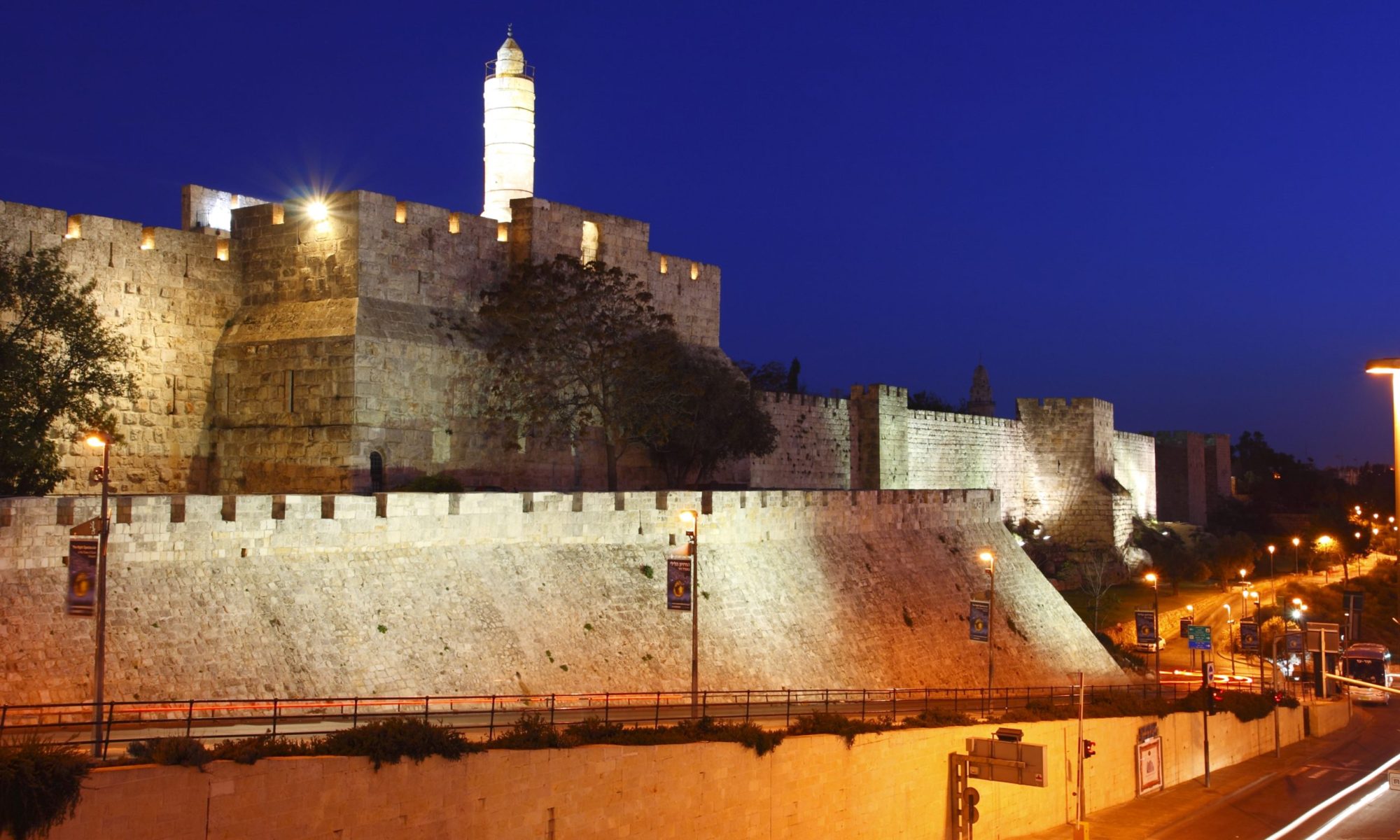Better Place launches 1st Israeli battery-switching station
By SHARON UDASIN (03/24/2011 05:20)
Infrastructures Minister Landau recites ‘Shehecheyanu’ blessing, calling it a first step toward weaning the country from enemy resources.
Sitting in the back
seat of a Renault Fluence Z.E. car during the five-minute battery exchange process, one hears only silence as the engine restarts.
Better Place launched its first battery-swapping station in Israel on Wednesday morning near Rehovot.
The station is the first of approximately 40 stations to operate around the country in the near term, nine of which have already been completed.
The company has also erected over 1,000 functional charging spots for the cars and thousands more will be put in place by the end of the year, according to Moshe Kaplinsky, CEO of Better Place Israel.
“The solution is here; it is ready for national deployment. It is here, it is working and it is available,” Kaplinsky told a news conference.
“We promise that by the end of the year we will have full national deployment that will enable each and every one of us to drive.”
Tal Agassi, head of solution development and operation at Better Place, reconfirmed the readiness, adding, “We are happy to be able to implement this solution for the first time here in Israel… When we see that it is successful in Israel, we are going to replicate it in other places around the world.”
Heading into the exchange station, the driver pulled one of the vehicles up to motorized tracks, as in a car wash, and put the car in neutral. The rest of the five-minute process is automated.
While charging the battery takes about six hours and provides 185 km. of travel, the switch can be done on the run, during lengthy car trips, the driver, Oved Ladizinsky, said.
The computerized system on the car’s dashboard helps the driver figure out when it’s time to charge the car and when it’s time to switch a battery.
“Big Brother knows,” Ladizinsky said, laughing.
Back at the press conference, Kaplinsky explained that Better Place already has signed agreements with 400 parking lot owners to build charging stations on their land, and 200 are already standing.
For customer convenience, charging can also be done overnight, at home, but homeowners or building committees would have to install special charging sockets; charging from home outlets will not be permitted.
“The charge will make me start every day with a full battery. The fuel station is at my home,” Agassi said.
By the end of the year, coverage will be extensive, from the northern to southern tip of the country – “the major thoroughfares throughout Israel will be covered by our system,” Kaplinsky said.
Meanwhile, Kaplinsky assured that the system “fulfills all the environmental and ecological standards,” and has been undergoing safety tests. Customer service will be available to drivers 24/7.
“This vision three years ago was nothing but a vision,” said Shai Agassi, CEO of Better Place. “Now it’s real.
“The beauty of it is that nobody will see it, nobody will feel it – you will just drive your car,” he added. “The driver will say it’s a car, what’s the big deal? If that’s what the driver says then we’ve succeeded.”
Better Place’s partners at Renault were equally enthused about Wednesday’s launch.
“Renault is confident that this strategy will bring modernity back to the car industry and pave the way for cleaner, greener, quieter car industry,” said Katsumi Nakamura, executive vice president and leader of Renault’s Asia-Africa management committee, who had flown in from Japan.
Better Place already has systems under development in Copenhagen and Tokyo, and has plans to expand to California, Hawaii and Australia, according to Shai Agassi.
“This system is going to be copy-pasted all over the world,” he said.
Agassi said that Better Place will start selling the Renault Fluence Z.E. cars to customers this year, and they will be delivered by the end of the year. Sales have already begun in Denmark.
About 10,000 people signed an “interested” list for the cars in Israel, he added.
“We expect demand to most likely outstrip supply by a very high factor in the first 12 months,” Agassi said. “As far as demand and supply, we will work together with our partners at Renault.”
Renault is capable of manufacturing 40,000 or 400,000 cars, whatever is needed, according to Agassi. The prices of the cars in Israel will be made available in a few weeks, but in the meantime, Agassi stressed that electric cars would be a money-saver for the country.
“The entire cost of this infrastructure is equal to one week of gas usage in Israel,” he said.
Nakamura agreed that electric cars would reduce costs. He stressed that the Renault vehicles will be sold at an “affordable price,” calling the car “a mass-market vehicle” that will “achieve a significant breakthrough in CO2 emissions.”
One other motivation – besides environmental and financial sustainability – for a transition to electric cars noted by the speakers was the need to cut Israel’s dependency on its enemies’ resources.
“We are financing terrorism, we are financing the radical parts of Islam that are becoming stronger and stronger,” said National Infrastructures Minister Uzi Landau in his address. “We finance people who are against our culture of freedom.
“When we are bewitched by the car and the fuel we become addicted to the people who manufacture them,” he continued.
Landau praised Better Place for finding a viable solution to this problem, for “inaugurating a rehabilitation facility, so to speak, from fuel” dependency.
Landau concluded his address with the “Shehecheyanu” blessing in honor of the event, adding, “On this very august occasion we are inaugurating a plant that is Israeli-based. When people are going to mention the name Shai Agassi in the world, it is a name that is made in Israel.
When people are going to mention Better Place, it is a name made in Israel.”
